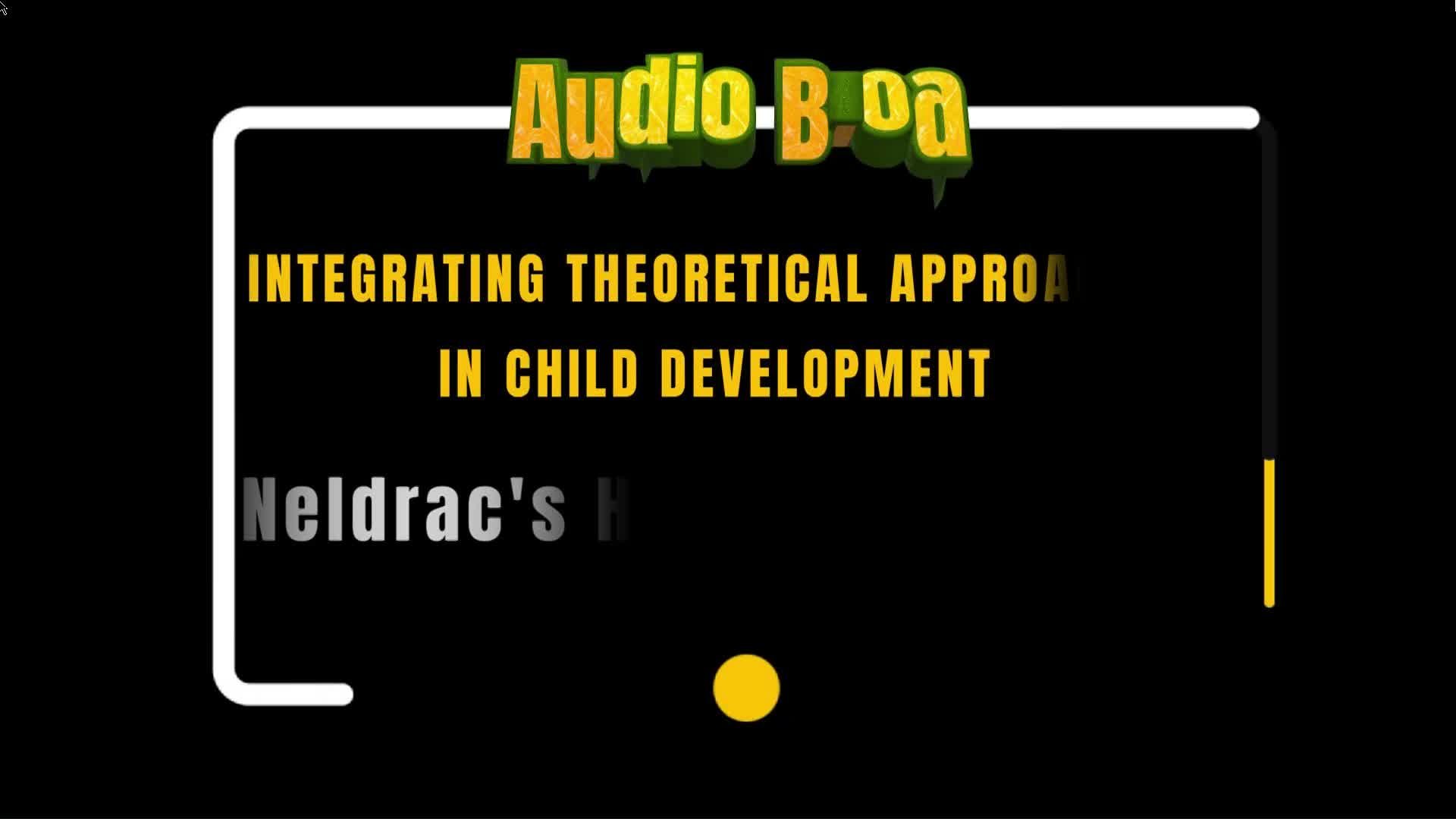Integrating Theoretical Approaches in Child Development: Neldrac's Holistic Approach for Educators
In the context of early childhood education, the philosophy of judging a fish by climbing a tree is especially important. Young children are incredibly diverse in terms of their learning styles, abilities, and interests. As educators, we cannot expect all children to learn and thrive in the same way. Instead, we need to recognize and appreciate the unique strengths and talents of each child. By applying a one-size-fits-all approach to education, we risk neglecting the individual needs and abilities of children. Therefore, it is essential to adopt a flexible and adaptable approach that takes into account each child's unique circumstances and learning style. Only then can we provide the best possible foundation for a child's lifelong learning journey.

Recognizing and Nurturing Each Child's Unique Potential: Our Philosophy at Neldrac
At Neldrac, we firmly believe that each child is unique and has their own strengths, talents, and interests. Therefore, we follow various methodologies to recognize and nurture each child’s unique potential rather than sticking to one methodology. We ensure that our curriculum is designed in a way that caters to the diverse learning styles of our students, and our teachers are trained to identify and support each child’s individual needs. By doing so, we create an inclusive environment that encourages each child to thrive and reach their full potential.
Theoretical Approaches to Child Development and Effective Learning Experiences at Neldrac
We also recognize the importance of documenting and observing each child's behaviour. This allows us to better understand their unique learning styles and tailor our approach to suit their needs. We also fit the uniqueness of each child into the methodology offered by each theorist. By doing so, we are able to create a more personalized learning experience for each child, taking into account their individual strengths and talents. Our educators are trained to incorporate different theoretical approaches to child development, including those of Piaget, Vygotsky, and Montessori, among others. By combining these insights, we can develop a more comprehensive understanding of how children learn and grow, and create an environment that supports their unique needs and abilities.
The Various Methodologies Approach at Neldrac: Incorporating Perspectives of Various Theorists into Education
- Erik Erikson's psychosocial theory: provides insights into how individuals develop their unique identities.
- Jean Piaget's theory of cognitive development: emphasizes the importance of concrete learning and hands-on exploration.
- Lev Vygotsky's sociocultural theory: highlights the critical role of social interactions and relationships in children's cognitive development.
- John Dewey's progressive education philosophy: fosters lifelong learning and encourages social and cultural connections.
- Howard Gardner's theory of multiple intelligences: recognizes different types of intelligence and encourages the development of individual strengths.
- B.F. Skinner's theory of operant conditioning: suggests that behavior is learned through consequences and rewards.
- Dr. Maria Montessori's theory: believes that children have an innate desire to learn and that the role of the educator is to create an environment that fosters that desire.
Article by:

Find the Below Audio Podcast for this Blog
Listening Time: 3 Mins 54 Secs


